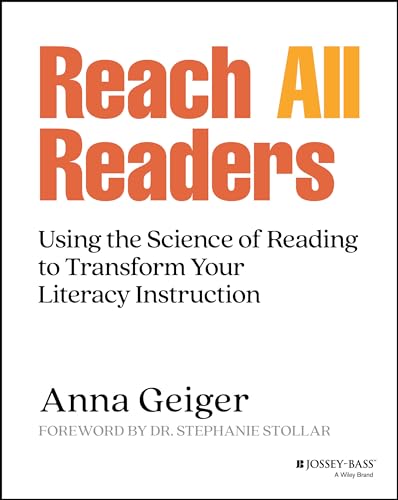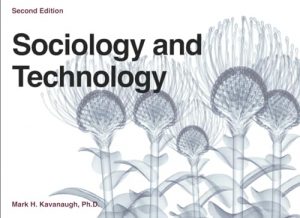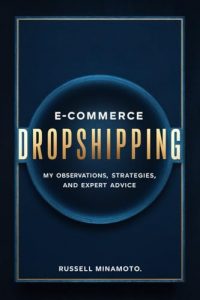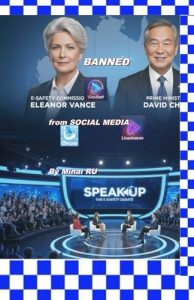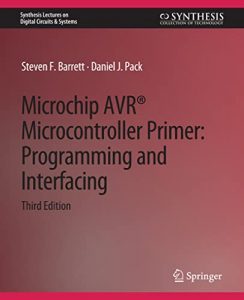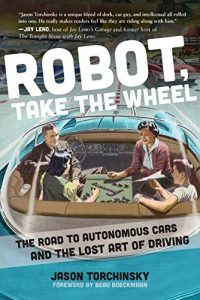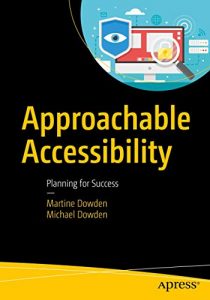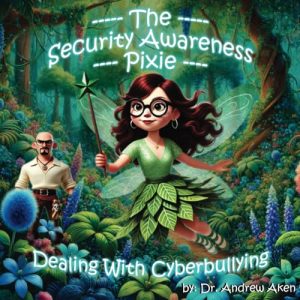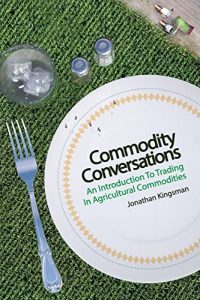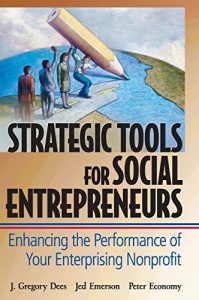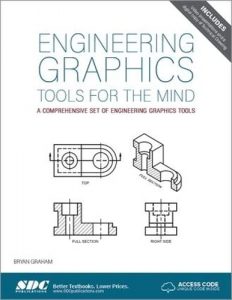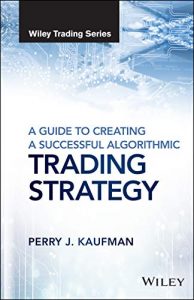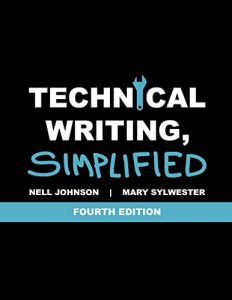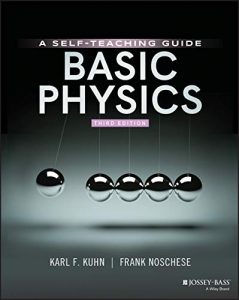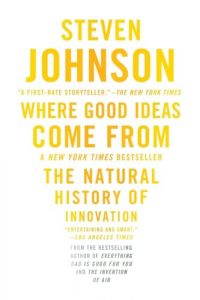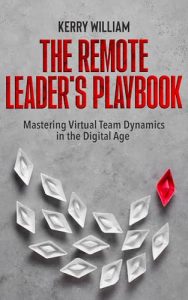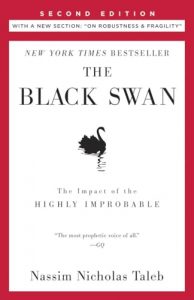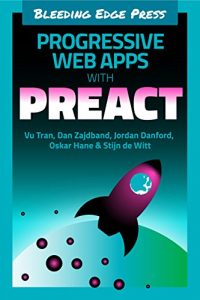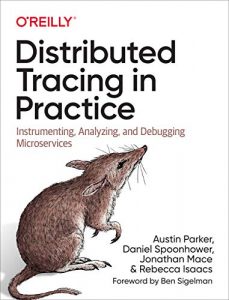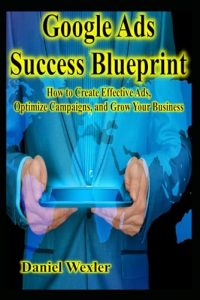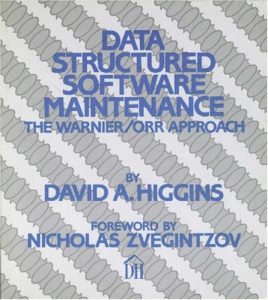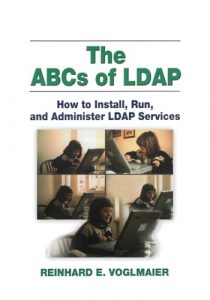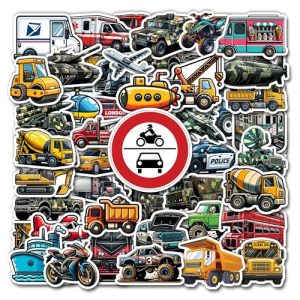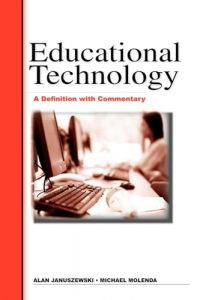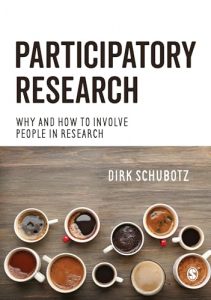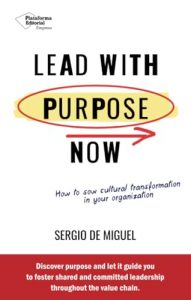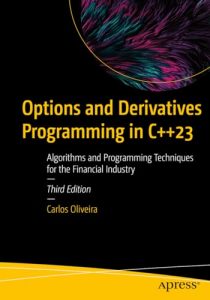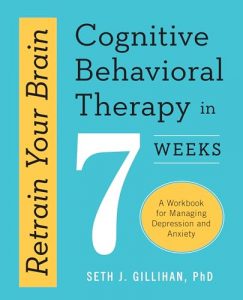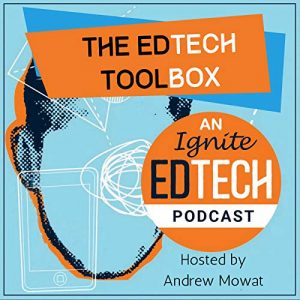Introduction
In the realm of education and knowledge, making scientific information accessible to all is imperative. The complexity of science can often act as a barrier, but there are numerous resources available that bridge this gap. From practical guides for librarians to engaging visual tools that simplify intricate ideas, these books serve as essential tools in democratizing knowledge.
Whether you are a teacher, librarian, student, or lifelong learner, these curated reads provide insights, strategies, and information that enhance understanding and foster curiosity. Let us explore some of the best literature that aims to make science—and beyond—accessible for everyone.
Featured Book: Reach All Readers: Using the Science of Reading to Transform Your Literacy Instruction
“Reach All Readers” is a game-changing book that transforms literacy instruction through the lens of scientific research on reading. This essential read dives deep into methodologies that ensure varying learners can effectively engage with texts. The author combines research with practical application, making it an invaluable resource for educators striving to reach diverse groups of students. By utilizing the principles outlined in this book, educators will be empowered to provide tailored instruction that considers the unique needs of each student, ultimately fostering a more inclusive classroom environment.
Making the Library Accessible for All: A Practical Guide for Librarians
This practical guide offers librarians the crucial strategies they need to create welcoming spaces for all community members. As a librarian, understanding how to cater to diverse populations through accessibility is vital. This book provides librarians with the knowledge to transform their services, ensuring no one is left behind. Topics explored include adaptive technologies, inclusive programs, and outreach strategies that help libraries serve their entire community meaningfully.
Everything You Need to Ace Computer Science and Coding in One Big Fat Notebook
This fun and engaging guide presents computer science concepts in a straightforward manner, making it perfect for middle school students. The unique format of “Big Fat Notebooks” is designed to make learning enjoyable and accessible for all learners. With easy-to-follow explanations and vibrant illustrations, this book demystifies coding and computer science, allowing students to build a solid foundation for future studies in technology.
All Aboard: Conducting Accessible Community Involvement for Public Transit
This insightful book emphasizes the importance of community participation in public transit systems, making it relevant for urban planners and community organizers. Through a blend of case studies and actionable strategies, the author details how to engage local communities in decision-making processes regarding accessibility in transportation. Ensuring that public transit is inclusive aligns with creating equitable cities.
A Briefer History of Time: The Science Classic Made More Accessible
For those who’ve always found Stephen Hawking’s original work daunting, this accessible adaptation serves as a perfect introduction to complex cosmological concepts. The book simplifies the theories while retaining the essence of Hawking’s groundbreaking ideas. It assists aspiring astrophysicists and general readers alike in understanding the universe’s fundamental principles, making it a must-have for anyone curious about space and time.
Mindmasters: The Data-Driven Science of Predicting and Changing Human Behavior
“Mindmasters” is a fascinating exploration of human behavior grounded in data science. This book is important for professionals in marketing, psychology, and social sciences, providing empirical insights that are applicable in various fields. Readers will learn how to leverage data to influence behavior positively, making it an essential read for anyone interested in the intersection of psychology and analytics.

